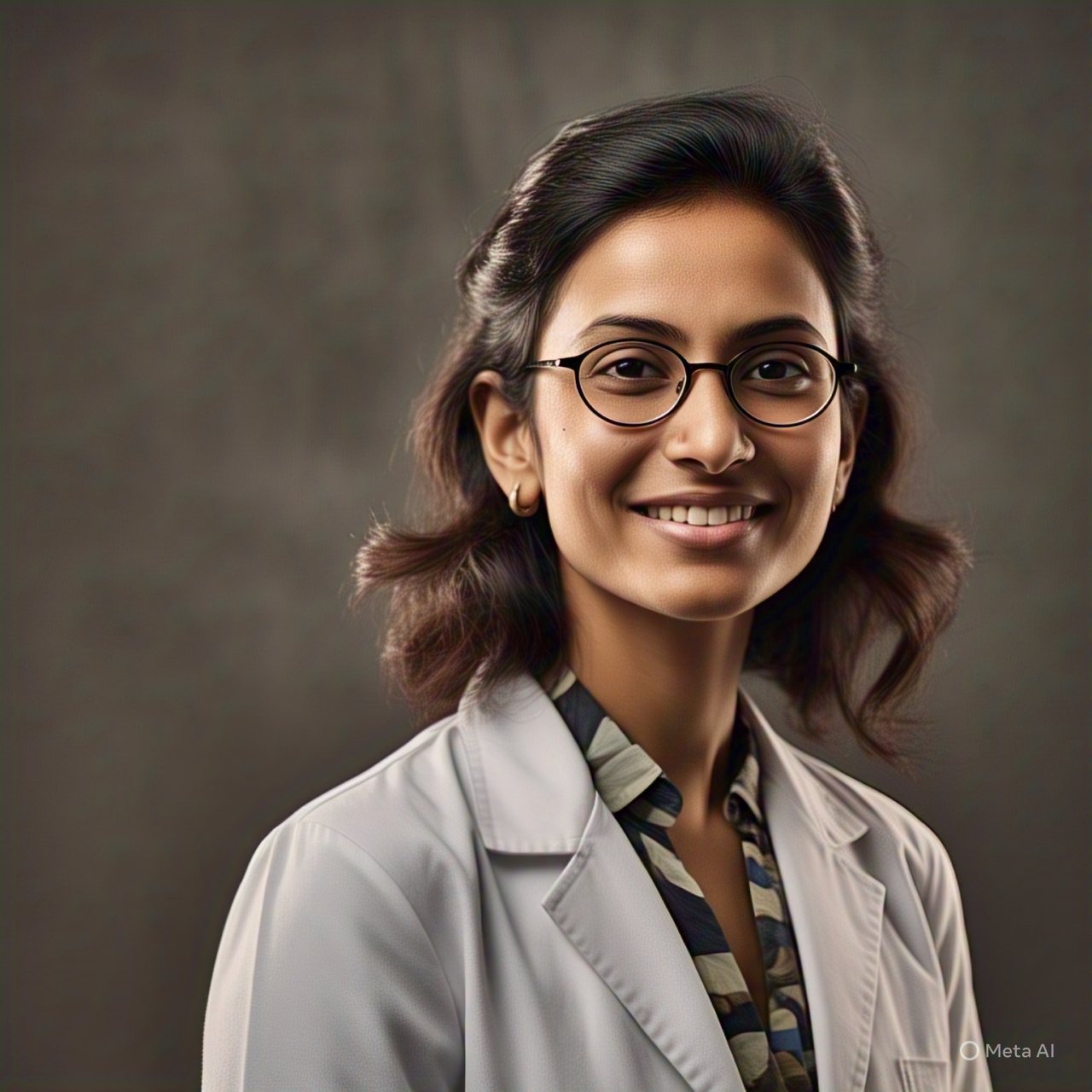AI in Healthcare: When Your Doctor's Second Opinion Comes From an Algorithm

Ever had a doctor stare at your X-ray with that slightly uncertain look that makes you think, “Maybe I should get a second opinion”? Well, these days that second opinion might be coming from an AI that’s reviewed millions more X-rays than any human doctor ever could.
Healthcare is experiencing an AI revolution that’s less about robot surgeons (though those exist too) and more about augmenting human capabilities in surprisingly subtle but powerful ways.
Take radiology, where AI systems can now detect potential lung cancers on CT scans with equal or better accuracy than specialized radiologists. One system I recently read about flagged a tiny, early-stage tumor that had been missed on three separate human reviews. The patient received treatment months earlier than they otherwise might have – potentially the difference between a treatable cancer and a terminal one.
Or consider the unglamorous but critical world of administrative healthcare. One hospital system implemented an AI scheduling assistant that reduced wait times by 17% and increased facility utilization by 22%. Not sexy, but it meant 340 more patients received care each month with the same physical resources.
The magic here isn’t AI replacing doctors – it’s AI handling what machines do best (processing vast amounts of data, spotting subtle patterns, performing repetitive analyses without fatigue) while freeing humans to do what we do best (building patient relationships, exercising clinical judgment, and handling complex or unusual cases).
My favorite real-world example is an AI system that monitors ICU patients’ vital signs and lab results, constantly calculating risk scores for conditions like sepsis. In one hospital, it reduced sepsis mortality by 30% by identifying concerning patterns hours before human clinicians would typically notice them. The AI doesn’t make treatment decisions – it just taps the doctor on the shoulder and says, “Hey, you might want to look at this.”
Of course, we can’t ignore the challenges. Algorithms trained on historical medical data risk amplifying existing healthcare disparities. Medical AI systems need far more rigorous testing than your average photo filtering app. And questions about data privacy keep healthcare lawyers up at night.
But the trajectory is clear: medicine’s future will be a partnership between human expertise and artificial intelligence. Your doctor isn’t being replaced – they’re getting a very smart assistant who never sleeps, never forgets, and has effectively read every medical journal article ever published.
Maybe instead of “Dr. Google,” our self-diagnosis tool of the future will be “Dr. GPT-12” – hopefully with better bedside manner than both.